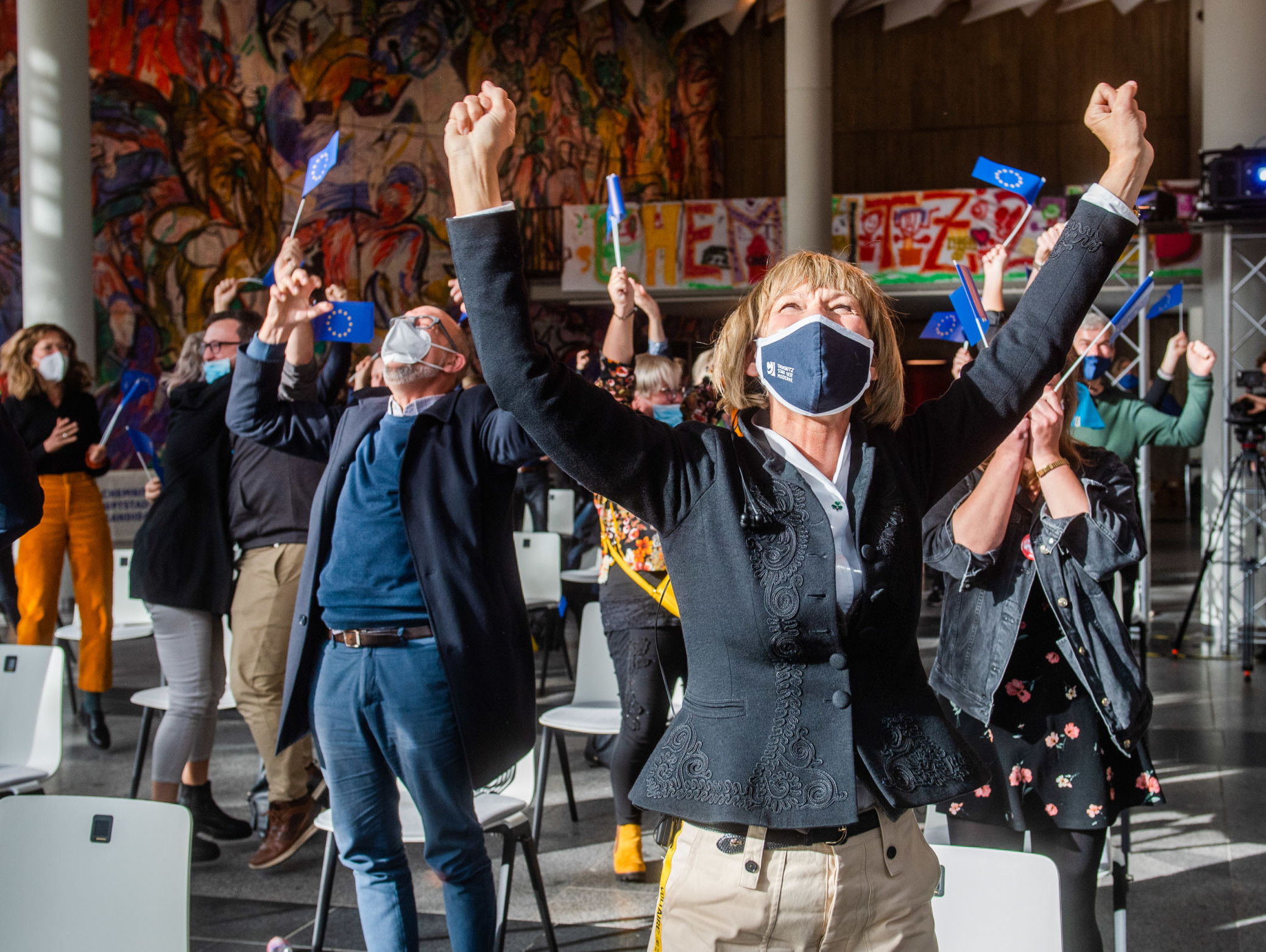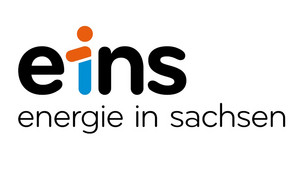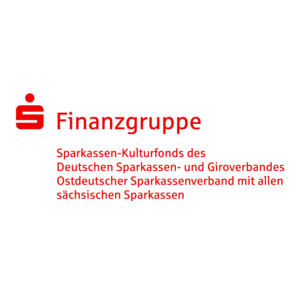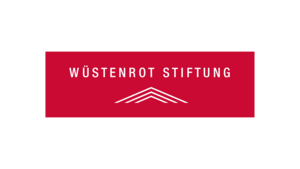13.27 p.m., jury chairwoman Sylvia Amann announced the winning city: "Chemnitz"
This decision in favour of Chemnitz marks the end of a four-year application process that was supported by many tireless actors, volunteers and civic initiatives. And so it is no coincidence that the programme year focuses on the movers and shakers.
Chemnitz won with an impressive bid book. With the motto "C the unseen", Chemnitz2025 focuses on the unseen: on the unseen of the "quiet centre". On the unseen city, the unseen European neighbours, the unseen places and biographies, the unseen talents in each individual. The programme also includes many other unseen cities or regions in Europe that contribute a strong statement for democratic coexistence and, in particular, the people who help to live a cosmopolitan community across national borders.
The European jury voted in favour of this project today. Chemnitz will be an impressive host city in 2025. We would already like to invite movers and shakers from Hanover, Hildesheim, Magdeburg and Nuremberg in particular to make this European Capital of Culture year a joint one.
We would like to thank the jury for their confidence in Chemnitz2025. And we thank the Kulturstiftung der Länder for the excellent organisation of this competition in Germany. Above all, however, we would like to thank all the residents of Chemnitz and the region for their great support over the past few years. Together we have achieved fantastic things.
Lord Mayor Barbara Ludwig: "The penultimate working day as Lord Mayor of this wonderful city is clearly the best of my 14 years in office. This title is a great opportunity for Chemnitz to give a lot and receive a lot, to show a lot of the unseen. Not just pictures of Nazi marches, but a narrative of hard work and creativity for living European values. An active, diverse urban society in international exchange. The title will give the city a boost, pooling resources that can have an impact for generations. I would like to thank the jury for their trust. Thank you to everyone who has supported and encouraged us with their hearts and minds on the way to winning the title."
Barbara Klepsch, Saxon State Minister for Culture and Tourism: "I am overjoyed with the decision of the European jury. This puts a strong city in the centre of Europe even further into the heart of the continent. The award is an honour for local cultural work and opens up new opportunities for cultural life. It is important to me that we also consider the area surrounding Chemnitz. As a meeting place, the region will become a central visitor magnet in the Free State of Saxony. I invite all those interested in culture from Europe and beyond to Chemnitz in 2025 to experience the riches the city has to offer."
The road to the European Capital of Culture year and beyond will be a major economic stimulus programme for Chemnitz. We will experience an enormous boost in tourism, new jobs will be created and wages can rise.
Future Lord Mayor Sven Schulze: "This is a really good decision, which I see as a great gift when I take office. I am very grateful for this and look forward to the challenging but also invaluable years that now lie ahead of us. The work continues."
Project manager Ferenc Csák: "Behind all five German candidate cities lie intensive months, which also presented some unexpected challenges due to the Covid-19 pandemic. I think all the bid teams have done a great job. I therefore hope that they will all be able to continue the processes they have started. But of course I am incredibly happy that we have now actually brought the title to Chemnitz and can continue on this exciting path in the coming years."










































